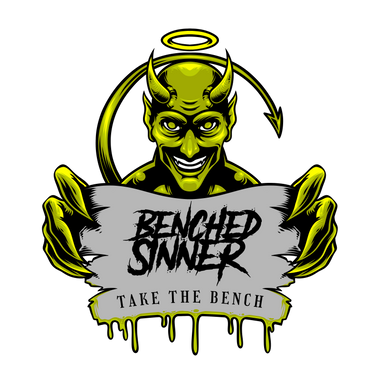Forgiveness
Forgiveness is often mentioned as a crucial part of the healing process. Today, I want to discuss the significant role that forgiveness played in my own healing journey. Through self-reflection, I have come to accept that the adults in my life were doing their best. However, this acceptance is different from forgiveness. It is about acknowledging that there are things beyond my control that I cannot change and finding peace with that.
At a young age, I was expected to behave like an adult, which made my inner child feel abandoned by the adult I was supposed to be - but I was just a child! If you experience dissociation as part of your addiction cycle, you may relate to this feeling. Rather than forgiving those adults who let me down, I realized that I needed to forgive myself for not knowing how to handle adult situations. Handling these situations on my own led me to self-medicate due to the trauma it created within me. It was difficult and frightening, and no matter how well or poorly I handled being a child-adult, it resulted in significant trauma. I blamed myself for not being a good enough adult, and that's what I needed to forgive.
To accomplish this, I sat with my inner child, held her, and apologized for not being the adult we needed. I forgave myself for not knowing how to navigate adult situations and the trauma it caused. This process was challenging but incredibly healing for my scared and wounded inner child. Now that I am an adult, I can reassure my inner child that I am here to protect her. I tell her to stand behind me whenever she feels scared, and I will shield her from harm. This approach has brought tremendous relief to my inner child; and that relief allowed space for forgiving myself.
Do you take the time to connect with your inner child? What do you need to forgive yourself for today?
I didn't start going to AA because I wanted to stop drinking, I went to AA because I wanted to stop hurting. In an increasingly popular TED Talk, Johann Hari famously concludes that “the opposite of addiction is not sobriety. The opposite of addiction is human connection.”[1] And through connection, we can heal.
The importance of connection and fellowship in recovery cannot be overstated. The support and love from a community have allowed me to begin healing has started to fill the void of pain within me. Fellowship is essential for addressing deep-seated trauma that we may not even be aware of. Neglect and isolation can contribute to addiction, while socially enriched environments can help mitigate its development. The concept of Rat Park illustrates this, as rats in a stimulating and social environment showed significantly lower drug consumption compared to isolated rats.
Harry Harlow's research proved the critical role of love and affection, particularly contact comfort, in a child's healthy development. Children form attachments to caregivers who provide warmth and love, not just nourishment. Substance use disorder, as defined in DSM-5, combines previous categories of substance abuse and substance dependence into a single disorder, measured on a continuum of severity. This highlights the importance of connection, emotional support, and addressing underlying traumas in preventing and overcoming addiction.
In the Babemba tribe of South Africa, a powerful forgiveness ritual takes place when someone acts unjustly or irresponsibly. The person is placed in the center of the village, surrounded by everyone in the community. Each individual takes turns speaking to the accused, recalling their positive qualities, good deeds, and acts of kindness. This ceremony lasts for several days, and when it ends, the person is joyously welcomed back into the tribe.
As someone who still struggles with guilt from my addiction, this story brought tears to my eyes. It made me realize that my caregiver couldn't acknowledge my love or reciprocate it because she hated herself. It took me 42 years to understand this. I have learned firsthand that sobriety is not the opposite of addiction; it is connection. I now seek out mutually beneficial relationships where I feel loved and understood. I believe that I can heal and overcome addiction.
References:
- Johann Hari: Everything you think you know about addiction is wrong. (TED Talk)
- Ancient Wisdom: The Forgiveness Ritual of the Babemba Tribe. (Source: dsfantiquejewelry.com

Leave a comment